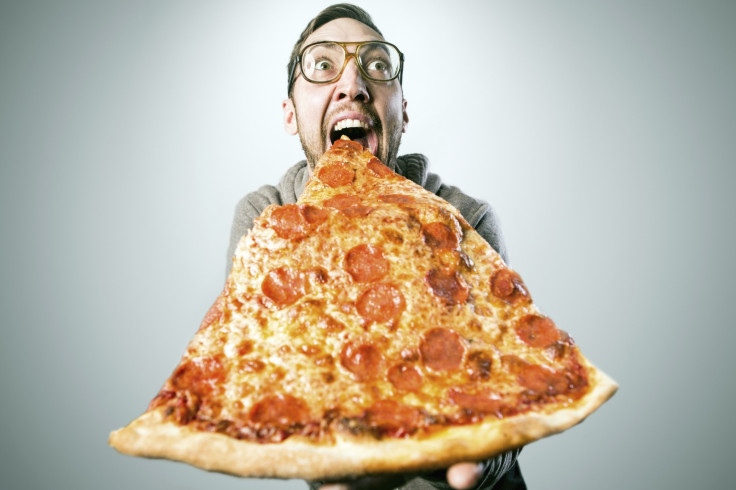If you need to nap after a meal it isn't your fault – food comas are a real phenomenon
Protein, salt and the overall quantity of food eaten make naps more necessary after a meal.
The 'food coma' has been recognised by scientists as real physical phenomenon – and now they know the main culprits that induce sleepiness after eating.
The researchers used fruit flies as a model to understand the irresistible allure of the post-prandial nap. They designed a small plastic chamber – called the Activity Recording Cafe – and watched when they ate, what they ate and when they fell asleep.
"Depending on the amount consumed, the effect ranged from slightly arousing to strongly sleep inducing," the authors write in the study published in the journal eLife.
The flies would ordinarily take a 20 to 40-minute nap after a meal, with the greedier flies spending a longer period asleep afterwards. It was the overall amount of food the flies ate that made them sleepy, the study found, as well as the amount of protein and salt consumed. Sugar didn't have an effect on sleepiness after the meal.
"Different foods play different roles in mammalian physiology, but there have been very few studies on the immediate effects of eating on sleep," said study co-author William Ja of The Scripps Research Institute in the US.

The researchers genetically switched off a number of neural circuits in the flies to see which of them had an effect on post-prandial sleepiness. Some were found to respond specifically to protein and some were related to the fly's internal body clock, they found.
"The protein link to post-meal sleep has been mostly anecdotal, so to have it turn up in the study was remarkable," Ja says. "In humans, high sugar consumption provides a quick boost to blood glucose followed by a crash, so its effect on sleep might only be observed beyond the 20 to 40-minute food-coma window.
"The ARC provides a starting point for future studies aimed at uncovering the exact genes and circuits that enable meal size, protein and salt to drive sleep," Ja says. "As sleep is a vulnerable state for animals in nature, it will be interesting to discover why post-meal naps are necessary."
© Copyright IBTimes 2025. All rights reserved.






















